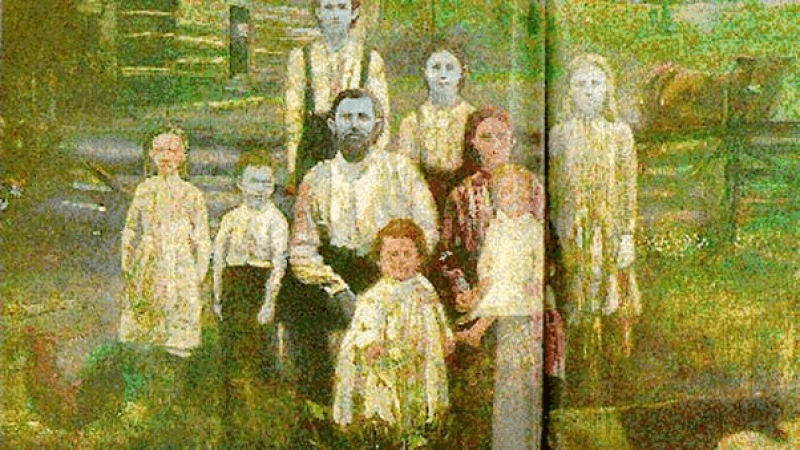Widespread genetic testing is uncovering case after secret case of children born to close biological relatives—providing an unprecedented accounting of incest in modern society.
The geneticist Jim Wilson, at the University of Edinburgh, was shocked by the frequency he found in the U.K. Biobank, an anonymized research database: One in 7,000 people, according to his unpublished analysis, was born to parents who were first-degree relatives—a brother and a sister or a parent and a child.
“That’s way, way more than I think many people would ever imagine,” he told me. And this number is just a floor: It reflects only the cases that resulted in pregnancy, that did not end in miscarriage or abortion, and that led to the birth of a child who grew into an adult who volunteered for a research study.
From the 1960s to the ’80s, a handful of studies following a few dozen children born of incest documented high rates of infant mortality and congenital conditions.
But in the past, healthy children born from incestuous unions would have never come to the attention of doctors. As widespread DNA testing has uncovered orders of magnitude more people whose parents are brother and sister or parent and child, it’s also shown that plenty of those people are perfectly healthy.































